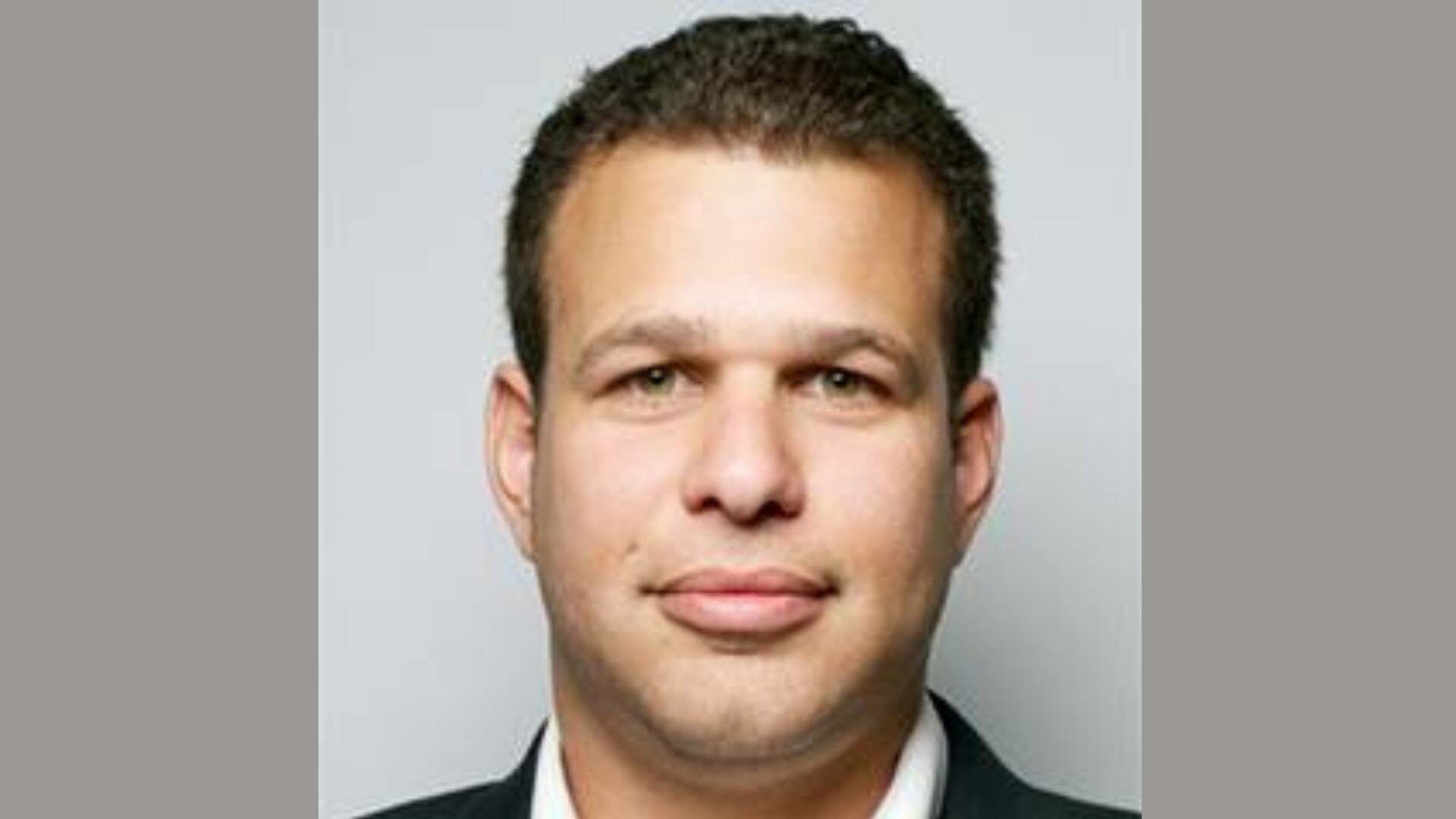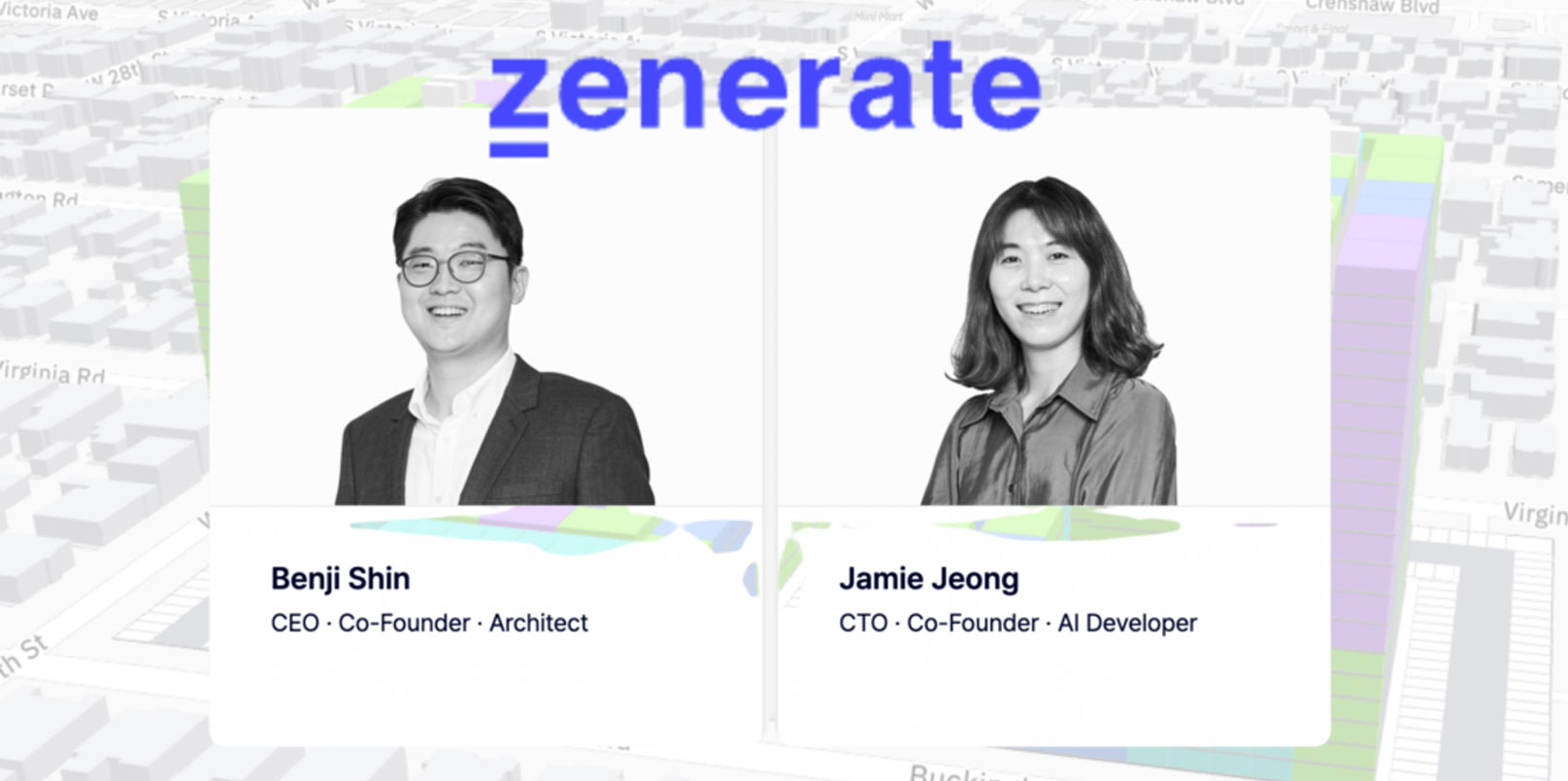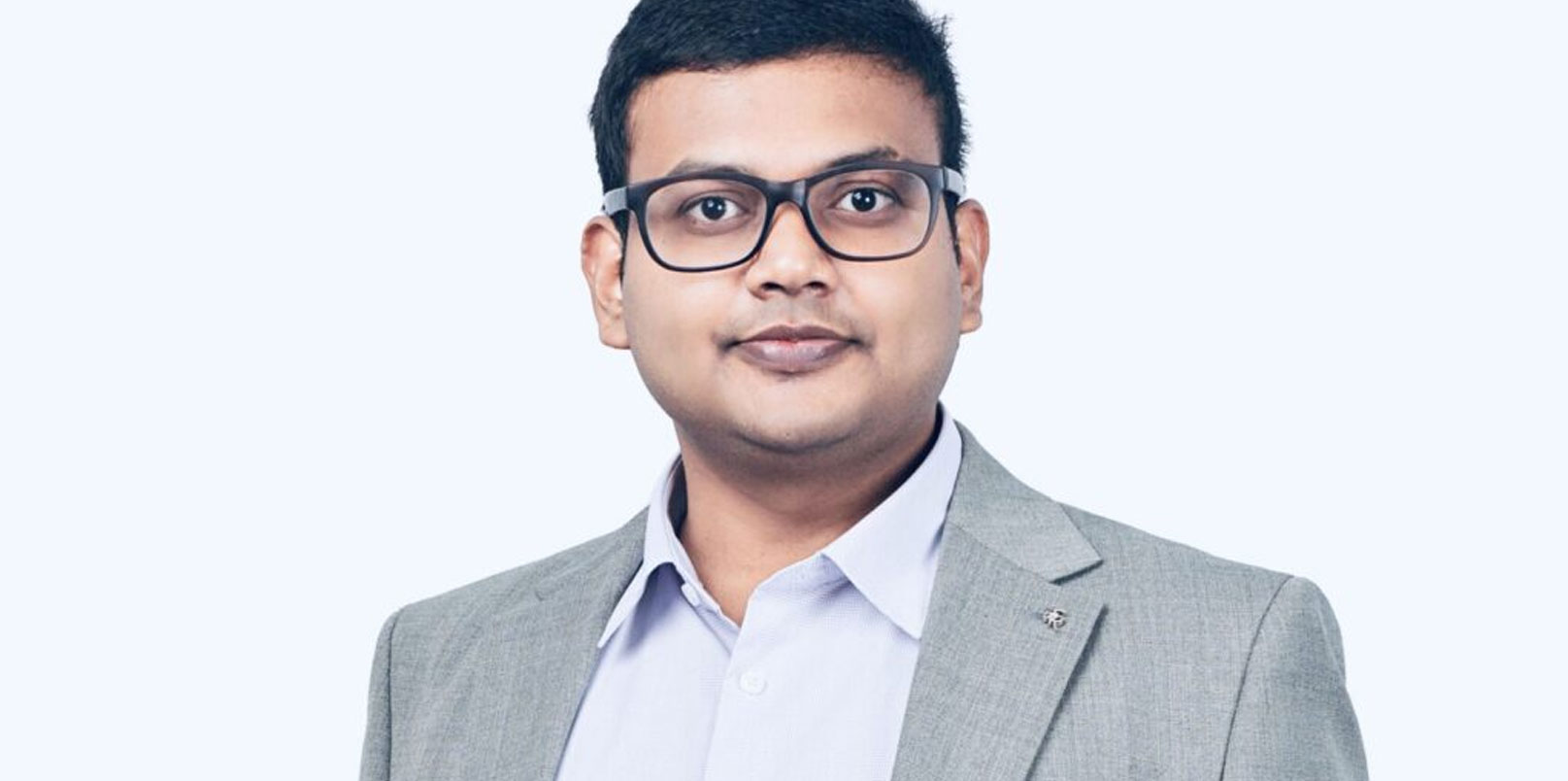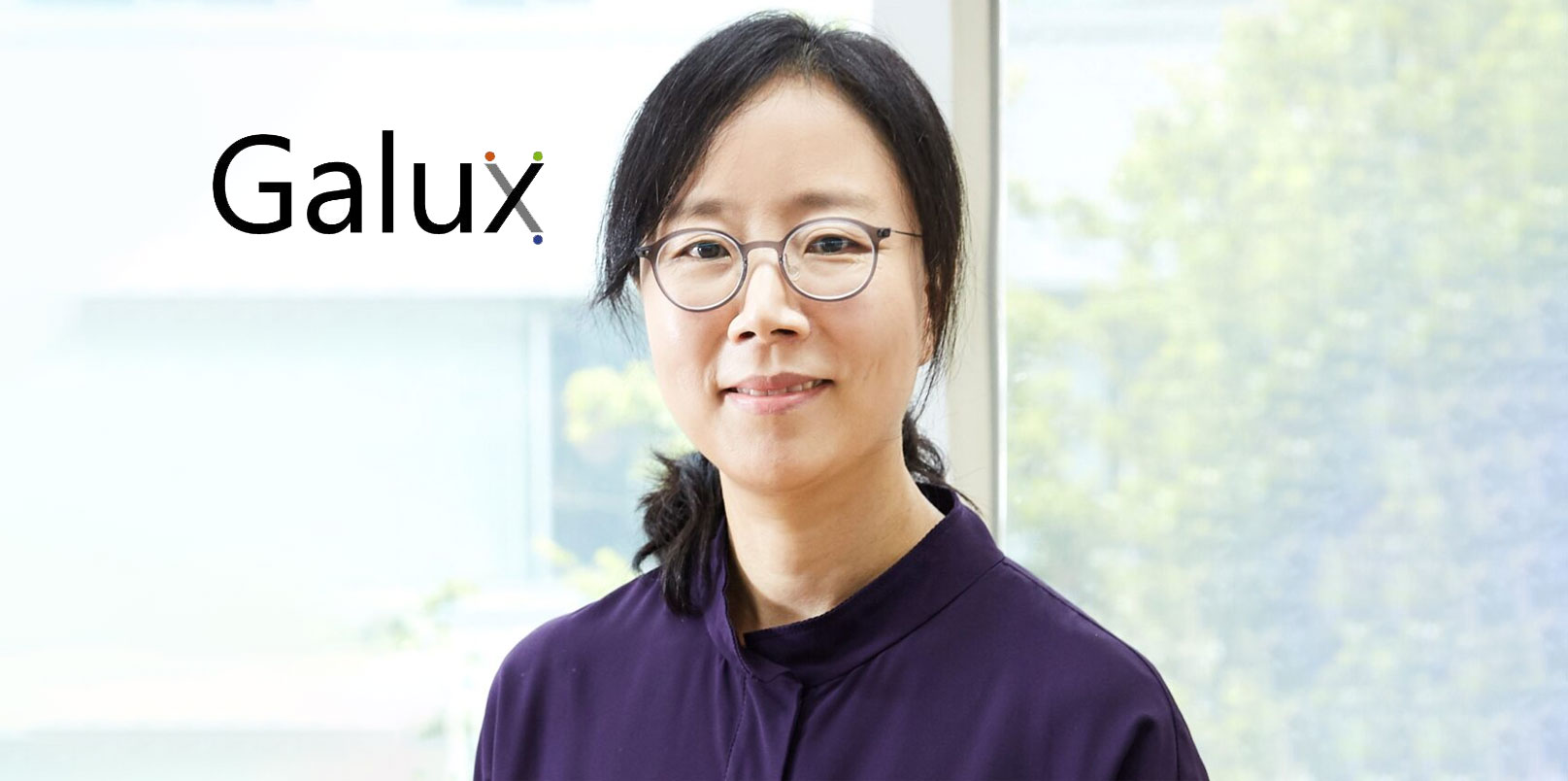Itamar Novick is an investor who loves motivating and scaling teams toward exceptional productivity and achievements. Itamar is the Chief Business Officer at Life360 and Managing Partner at Recursive Ventures, a seed stage VC fund based in the SF Bay Area. He is the ‘go-to’ person for entrepreneurs for any business advice.
In his career as an investor, he has invested and advised over 50 startups companies, such as Life360, Credible, Check, MileIQ, Ring, and Automatic. Previously, Itamar was a Venture Capitalist at Morgenthaler Ventures and head of product at Gigya.
Koreatechdesk.com had a chat with Itamar Novick regarding his thoughts about startups and his take on Korean startups.
1. What is your background and domain expertise? And what prompted you to become an investor?
I’ve helped startups launch and scale for the majority of my professional career – as an Entrepreneur, Engineer, Product Manager, and Business Executive, and more recently, investor.
I’ve had significant success building and supporting startups from inception to exit, and have been involved in 8+ exits, including two IPOs.
Having been an entrepreneur and operator myself, there is nothing that I love doing more than helping startup founders launch their business and grow it to the next level. Unlike some other VCs I prioritize my founders ahead of prioritizing my income.
2. As an investor, what kind of startups have you invested in and how did you find those startups?
I invest in seed and early-stage companies, mostly in the San Francisco Bay Area and sometimes in Israel. I’ve invested in over 50 startups across a wide range of tech verticals and considered a generalist investor.
I proud myself in being one of the first investors an entrepreneur would call when they need help or some good advice. When a friend or acquaintance of one of my portfolio companies starts a new business, I’d often get a referral because I have helped my portfolio companies quite a bit along the way.
3. What are the core factors you decide to invest in particular companies?
Team, TAM (total addressable market) and Hustle.
4. What is the investment range of your company and in a typical year how many startups do you invest in? And are S. Korea headquartered startups considered by investor like you?
I typically invest in 3-5 startups a year with check sizes ranging from $100k to $250k. Sometimes I put together syndicates led by my LPs to invest up to $1m.
I’d consider investing in South Korean startups if they are immediately moving to the US to start their business. It would be hard for me to invest in a company not planning on being in the US because likely I can’t help them.
5. What are the main reasons that startups fail as per your experience and how can they prevent mistakes in advance from your personal perspective?
At the early stage, it’s typically because founders can’t find a product market fit fast enough to justify continued investment. Speed is of essence.
6. What’s your advice to entrepreneurs who meet investors like you? And what are the top 3 questions you always ask the founders?
Get a warm intro from somebody who knows the investor well. Be prepared to fundraise – when you talk to an investor, she will assume you are fundraising and imagine you are ready to answer most if not all of their questions. Do your homework – if you are not ready don’t talk to investors.
I typically ask founders why they are passionate about the space and what makes them uniquely positioned to make this company a big success.
7. What’s your general thought about the term “global” and what are the important factors for Korean startups to consider for a US expansion?
For raising capital with VCs, don’t expect to come to Silicon Valley for a week and come back home with a check. If you really want to raise money in the SF Bay Area be prepared to spend months (if not years) on the ground getting to know the local eco-system and building your credibility.
Other than funding you are likely to learn a lot along the way. I sometimes think about the entrepreneurial journey as a race against yourself to learn as much as you can in a short time. If you had all the right answers you and your company would succeed day 1, but getting to all the right answers takes a lot of time, and more important, talking to smart people.
8. Our media group company name is “beSUCCESS”, what’s your definition of the term “success” as an investor or as an individual human being?
For me, success means reaching one’s maximum potential and impact on the path they choose. Hopefully, that path they choose is also the one they do best.
9. What are the one or two things you would do differently if you could go back to 10 years ago?
I’d probably invest in startups earlier and take on more risk. I’ve had opportunities to invest in amazing startups that ended up being acquired for millions if not billions of dollars, but I hesitated for the wrong reasons.
10. When you come to Korea next time, what kind of Korean entrepreneurs and startups you want to meet?
I’d been keen to meet Korean entrepreneurs passionate about building tech companies in consumer and Enterprise SaaS and are moving to Silicon Valley in the short term.





